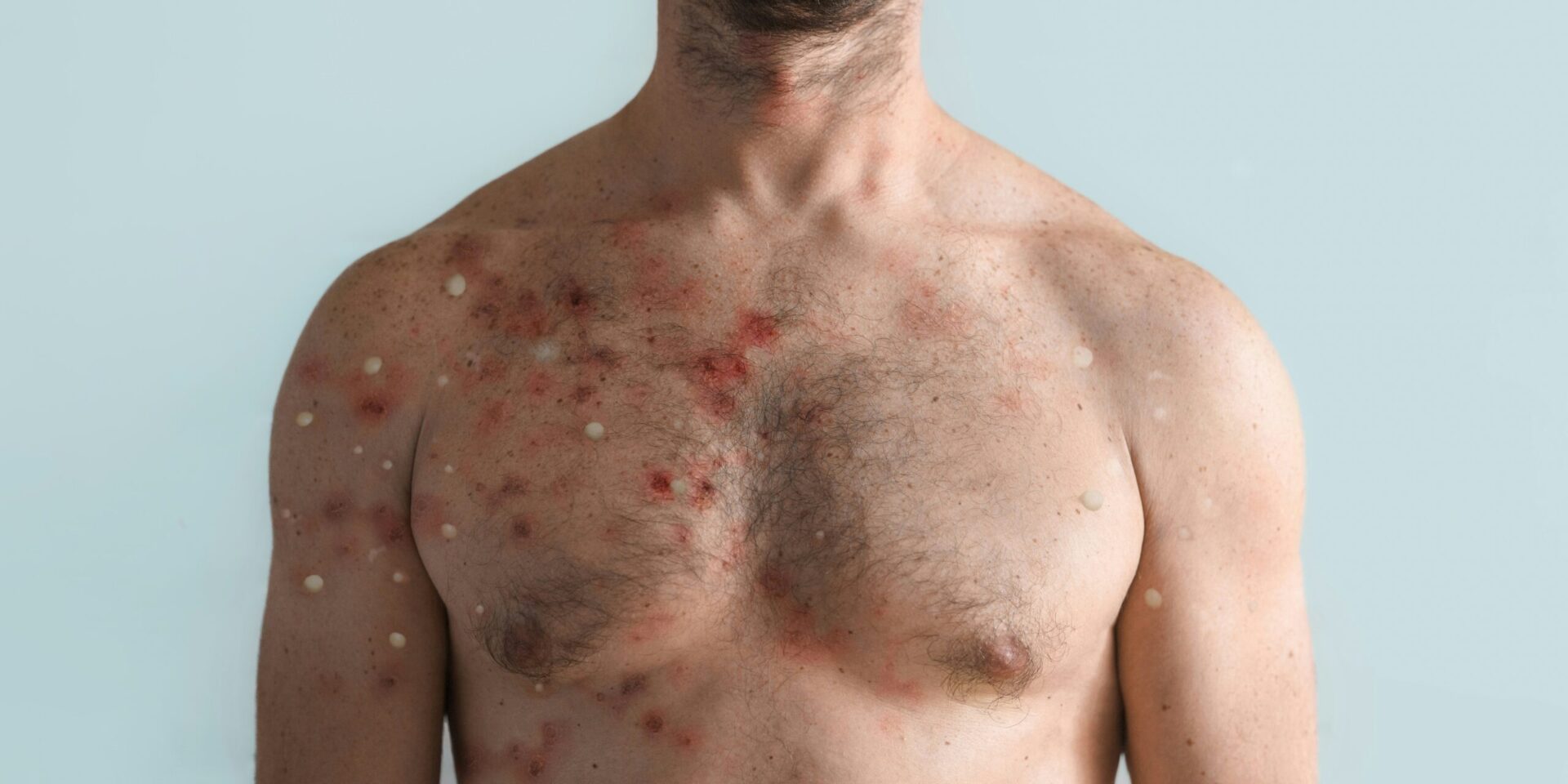On May 24, 2025, Virginia health authorities confirmed the state’s second case of measles this year, involving a teenager from the state’s northwestern region who had recently returned from international travel. This latest case adds to an alarming surge in measles infections across the United States, with more than 1,000 confirmed cases reported nationwide—a troubling milestone that marks the highest annual tally since 2019.
Details of the Case and Public Exposure
According to the Virginia Department of Health (VDH), the infected individual visited several public places in the days leading up to their diagnosis, prompting state health officials to issue a list of locations and timeframes where others may have been exposed. Officials are urging anyone who may have been in those areas to monitor for symptoms of measles, which typically include a high fever, cough, runny nose, red eyes, and a characteristic rash that spreads across the body.
Dr. Laurie Forlano, Deputy Commissioner for Population Health at VDH, stressed the importance of early detection and containment. “If you think you’ve been exposed and are experiencing symptoms, it’s crucial to contact your healthcare provider before going in person,” she said. “This allows medical staff to take necessary precautions and prevent further spread.”
Nationwide Measles Resurgence
Virginia’s case is one of over 1,000 confirmed across 31 states as of late May 2025, according to data from the Centers for Disease Control and Prevention (CDC). The rising numbers reflect a broader resurgence of the disease that public health officials attribute to several compounding factors: declining vaccination rates, misinformation about vaccine safety, and increased international travel amid a post-pandemic return to global mobility.
The last time the U.S. reported more than 1,000 cases in a single year was 2019, during a series of outbreaks in under-immunized communities. That year also prompted renewed discussions about the necessity of maintaining high vaccination coverage to prevent the reestablishment of endemic transmission.
Vaccination: A Proven Defense
Medical experts continue to emphasize that the most effective defense against measles is vaccination. The measles, mumps, and rubella (MMR) vaccine is safe and highly effective, offering about 97% protection after two doses. Yet nationwide, vaccination coverage has fallen below the 95% threshold needed to maintain herd immunity in some communities, particularly those influenced by vaccine misinformation.
In response to the national uptick, the CDC has reiterated its recommendation that all individuals, especially international travelers, verify their vaccination status. Children should receive their first dose of MMR vaccine at 12 to 15 months of age and a second dose between ages 4 and 6. Adults who are unsure of their vaccination history should consult with their healthcare provider to determine whether immunization is necessary.
Virginia’s Public Health Response
Virginia health officials are working closely with the CDC and local health departments to track contacts of the latest patient and provide guidance to those potentially exposed. While the state has not seen a large outbreak, officials remain on high alert due to the contagious nature of measles. The virus can linger in the air for up to two hours after an infected person has left a space and can infect up to 90% of unvaccinated individuals who are exposed.
To bolster public awareness, the VDH is launching an outreach campaign that includes social media alerts, coordination with school districts, and educational resources aimed at debunking vaccine myths.
Broader Implications
This spike in cases is more than just a public health issue—it reflects broader societal tensions around vaccine policy, trust in scientific institutions, and the consequences of disinformation. Public health officials warn that failure to maintain high immunization rates could lead to further outbreaks of measles and other preventable diseases.
“The current situation is a stark reminder of how quickly we can lose the progress made against diseases once considered under control,” said Dr. José Romero, Director of the National Center for Immunization and Respiratory Diseases at the CDC. “Measles is one of the most contagious viruses we know. The stakes are high.”

